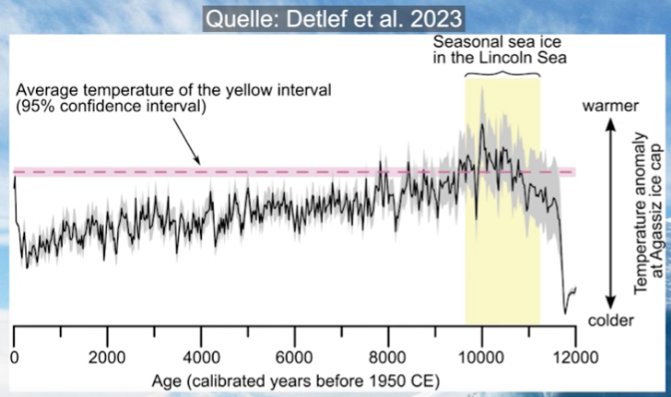A new analysis of ice-core climate data, archaeological evidence and ancient pollen samples is being used to suggest farming some 7,000 years ago helped put the brakes on a natural cooling process of the global climate, possibly contributing the warmer climate seen today.
But the study is expected to raise a few eyebrows, given there were far fewer people on Earth back then and industrialization — and the coal-fired power plants that come with it — was still a long ways off.
Related: Scientist who urged government to sue climate skeptics
gets millions from taxpayers
A study was the work of an international team led by William Ruddiman, a University of Virginia climate scientist, who first grabbed attention a dozen years ago with a controversial theory that humans altered the climate by burning massive areas of forests to clear the way for crops and livestock grazing. Dubbed the “early anthropogenic hypothesis,” Ruddiman and his colleagues found that that carbon dioxide levels rose beginning 7,000 years ago, and methane began rising 5,000 years ago.




